Ⅰ. The Dual Role of Limestone
Core raw materials of cement clinker (accounting for 80%-90%)
Provides calcium oxide (CaO), accounting for 60%-65% of the clinker composition, and is a key element in cement hydration reaction.
Sustainable mineral admixtures
Replace 5%-15% of clinker, reducing costs and carbon emissions while maintaining performance
Ⅱ. Limestone as raw material: from mine to clinker
1. Mining and pretreatment
Mining method: Mainly open-pit blasting, with less underground mining.
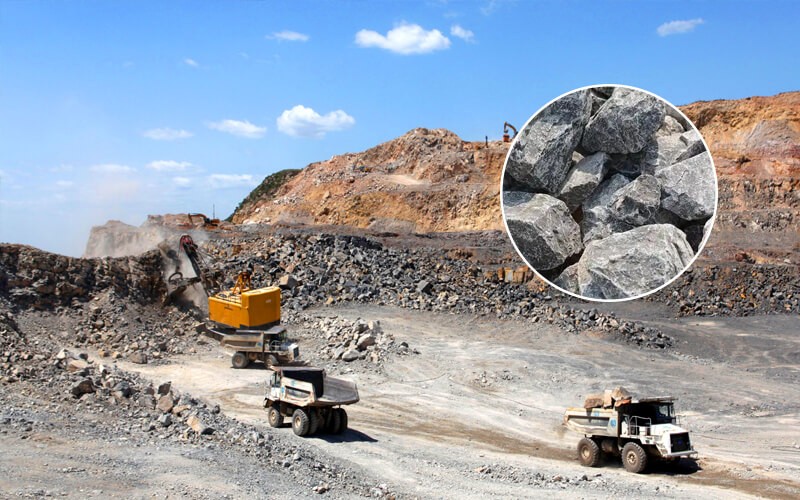
Crushing process:
Coarse crushing: jaw crusher (feed size ≤ 1200mm).
Medium and fine crushing: impact crusher/hammer crusher (discharge size ≤ 30mm).
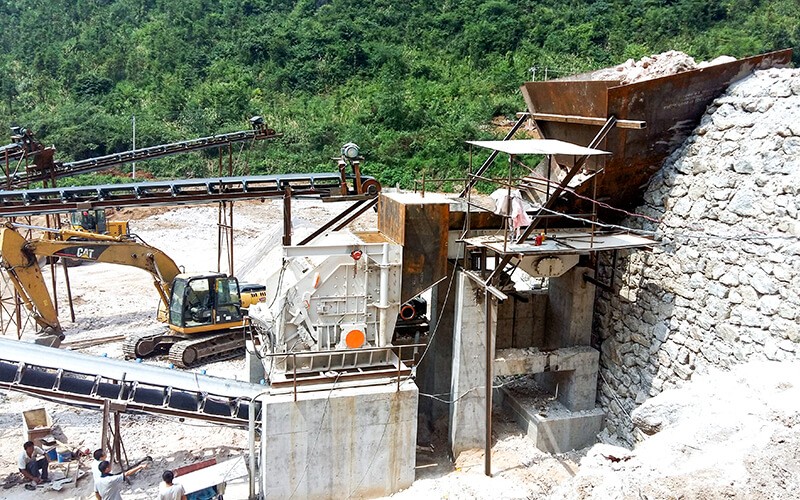
2. Calcination and clinker formation
Raw material ratio: limestone + clay + iron powder (ratio 4:1:0.5).
High temperature reaction:
Minerals such as tricalcium silicate (C3S) and dicalcium silicate (C2S) are generated at 1450°C.
Each ton of clinker consumes 1.5 tons of limestone and releases 0.8 tons of CO₂.
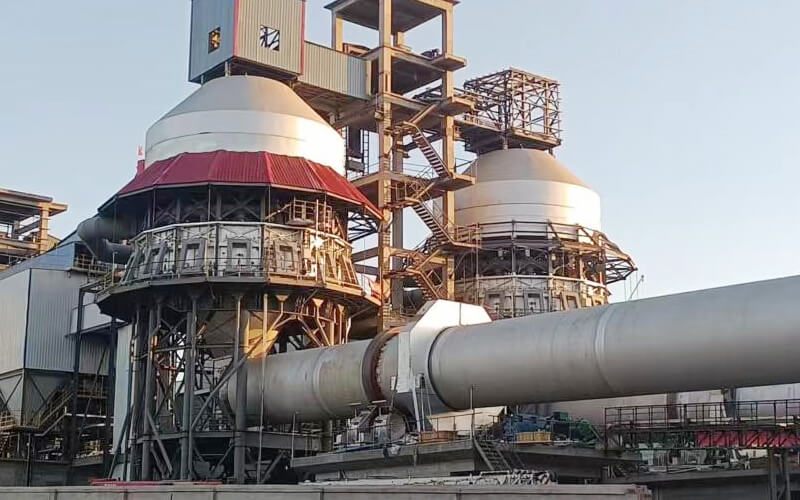
3. Cement grinding
Mixed materials: clinker + gypsum + limestone powder (5%-15%).
Fineness control: specific surface area ≥350m²/kg (achieved by ball mill or vertical mill).
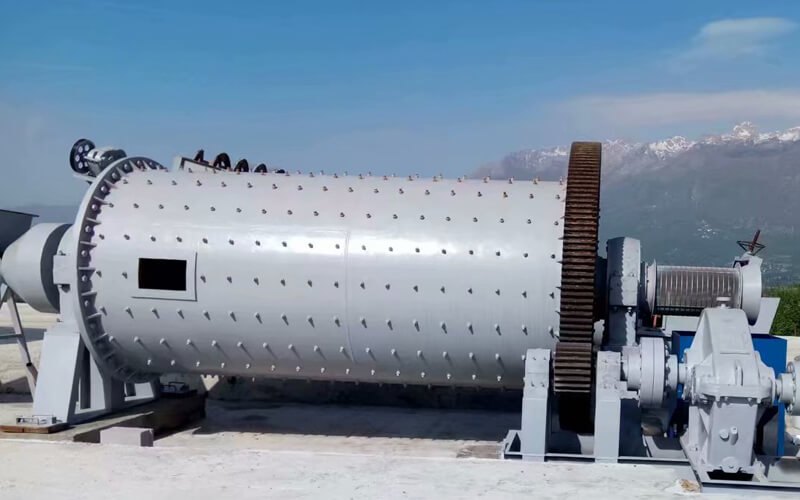
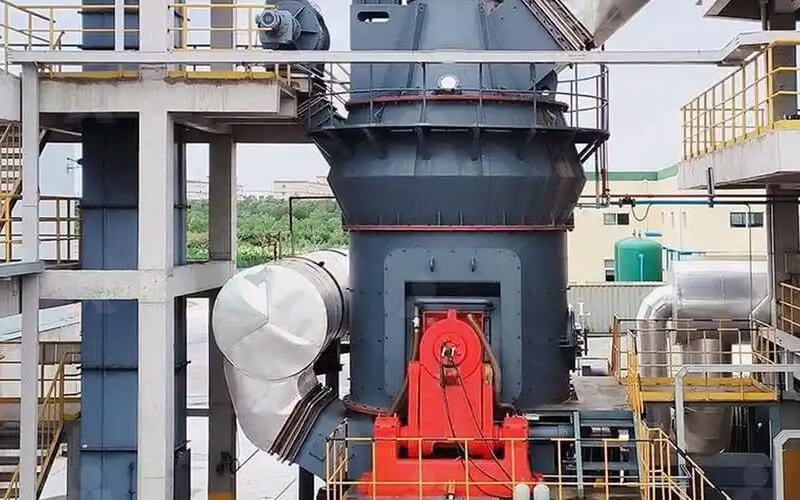
Ⅲ. Limestone as an admixture: a win-win situation for economy and environmental protection
1. Three major advantages
Advantages Specific performance Data support
Carbon reduction Every 10% replacement of clinker reduces CO₂ emissions by 8%-10% Global PLC carbon footprint reduced by 500 million tons/year
Cost reduction The cost of limestone is only 1/3 of that of clinker Comprehensive cement cost reduced by 5%-8%
Stable performance Impermeability increases by 15%, and freeze-thaw resistance remains the same ASTM C595 certification
2. Key technical parameters
Dosage range: 5%-15% (exceeding the limit will reduce early strength).
Grinding fineness: ≤45μm (special vertical mill or ball mill is required).
Ⅳ. Industry trends and equipment selection
Green transformation: The proportion of PLC in the EU has reached 30%, and China has implemented the "Carbon Peak Plan for Building Materials".
Ⅴ. Conclusion
Limestone is the "golden supporting role" of the cement industry. The dual application of raw materials + admixtures promotes the sustainable development of the industry.
ZOOMJO GROUP Solution:
Limestone crushing production line (50-2000 tons per hour).
Cement vertical mill system (power consumption ≤35kWh/t)

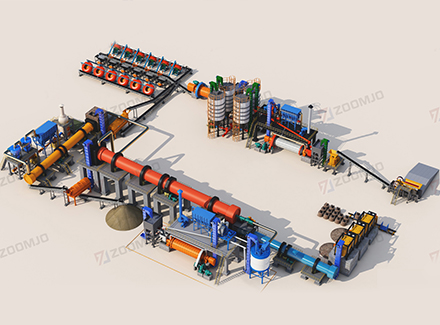
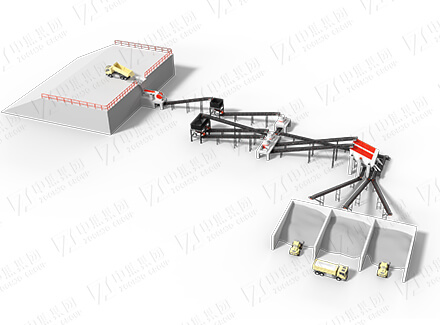
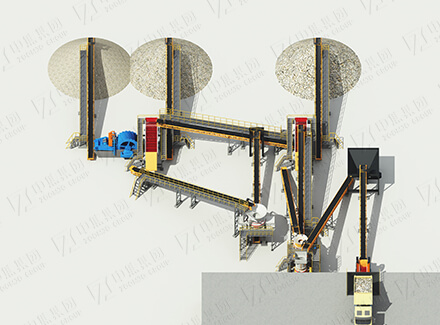
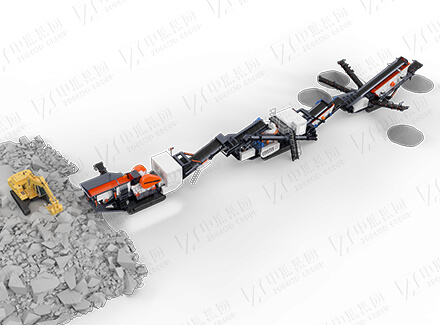
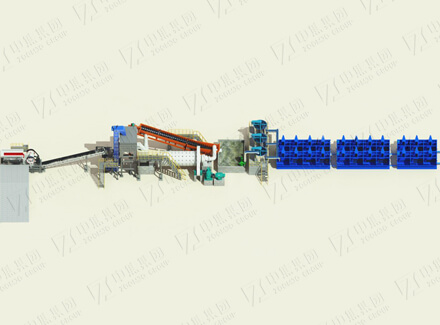
 English
English
 中文
中文











